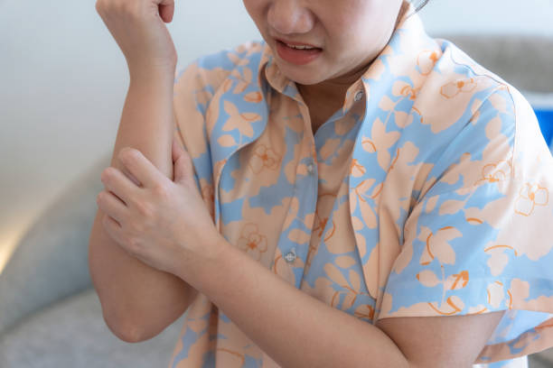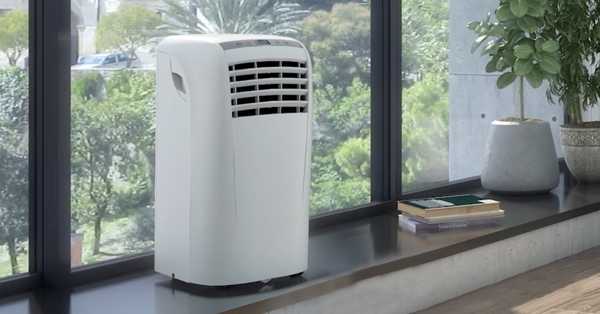If you are noticing persistent itchy, red patches on your skin that seem resistant to healing, it could be a sign of atopic dermatitis. Recognizing these warning signs promptly is crucial, because failing to treat them appropriately can result in significant discomfort and potentially lead to infections.

Understanding Atopic Dermatitis
Also referred to as eczema, atopic dermatitis is a chronic skin condition marked by symptoms such as itchy, dry, and irritated skin. The condition can manifest as red patches, scaling, or even fluid-filled blisters that ooze. Getting familiar with what atopic dermatitis entails and being aware of its typical symptoms is vital for seniors. This knowledge allows them to identify the signs early and pursue the necessary medical intervention.
Effects on Older Adults
While atopic dermatitis is frequently linked with younger people, it is important to note that older adults are also vulnerable. As the skin ages, it becomes drier and thinner, rendering it more prone to irritation and inflammation. Seniors who have weakened immune systems or existing health challenges face an elevated risk of experiencing complications due to untreated dermatitis. The relentless itching can disturb daily life activities and cause issues such as insomnia, stress, and anxiety. For these reasons, it is critical for seniors to keep a vigilant eye on their skin and consult a healthcare provider if symptoms emerge.
Identifying Common Triggers
Several environmental and lifestyle factors can initiate or aggravate atopic dermatitis. Elements such as dry air, harsh skincare products, allergens, and stress are notorious for worsening the condition. Seniors may also notice flare-ups linked to skin sensitivity from materials like certain clothing fabrics or shifts in weather. By pinpointing these triggers, individuals can manage the condition more effectively, reducing the frequency and severity of flare-ups.
Approach to Treatment and Management
Should you encounter ongoing symptoms, consulting a dermatologist is vital for accurate diagnosis and treatment planning. Treatment options may include prescription topical creams intended to alleviate inflammation and itching, in addition to emollients that help preserve skin moisture. For more advanced cases, oral medications or light therapy might be necessary. Seniors are encouraged to use gentle skincare products, steer clear of harsh soaps, and maintain adequate hydration to combat dryness.
Preventative Strategies
Efficient management of atopic dermatitis predominantly revolves around prevention. Seniors should establish a consistent skincare regimen that emphasizes moisturizing with fragrance-free products to avoid excessive dryness. Opting for soft, breathable fabrics like cotton instead of wool or synthetic materials can help minimize irritation. Additionally, maintaining a humidified living space and avoiding long, hot showers might contribute positively to reducing dryness and flare-ups.
Addressing stress, which is known to aggravate symptoms, is equally vital. Seniors are likely to benefit from integrating relaxation methods such as meditation or yoga into their routines, as stress management can decrease the occurrence of flare-ups. It's also crucial to be mindful of environmental irritants—like specific cleaning chemicals or fragrances—that could trigger the condition and affect skin health.
Recognizing When to Consult a Doctor
Though mild forms of atopic dermatitis can often be managed with self-care, seniors who notice severe or escalating symptoms should seek professional medical advice. Warning signs that call for expert consultation include very dry or cracked skin, severe itching that disrupts sleep, and the presence of pus or blisters that may signal an infection. Acting swiftly with medical intervention is key to preventing complications and crafting a personalized treatment strategy.





